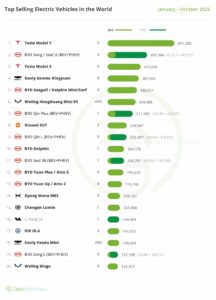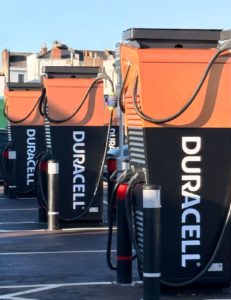Smart charging offers several advantages. Firstly, it is a key systemic enabler, as the electrification of transportation can accelerate the energy transformation in other industries. Smart charging allows charging to take place automatically at times when the costs of producing and distributing power are lower, without compromising the needs of vehicle owners. This presents a powerful opportunity to use more renewable energy systemically, rather than reducing its usage.
Secondly, smart charging is necessary to maintain grid stability and reduce expenses. By scheduling charging during times of lower electricity demand, peak load on the power supply can be reduced. Additionally, it can help grid operators to correct short-term grid imbalances. Smart charging reduces the overall grid capacity needed to charge electric vehicles, which reduces the demand for grid expansion and lowers costs for grid operators and all grid users.
Cities are essential for enabling large-scale smart charging. Many municipal governments are trying to modify current transportation habits and reduce private vehicle ownership by improving public transportation and shared mobility. Change can be encouraged by creating an adequate public charging infrastructure for transportation electrification. Cities hold the key to accessing the benefits of smart charging, as they purchase or grant licences for public charging infrastructure. When initiating public procurements or authorizing schemes, they set the standards for the next infrastructure.
The current European charging infrastructure legislation outlines minimal standards for charging stations. These standards will soon incorporate smart charging, enabled by modern digital communication protocols that connect energy and transportation networks. This ensures infrastructure interoperability, even when using software protocols created by different manufacturers.
However, smart charging standards are still in development and not yet available for any charging stations built today. Infrastructures incompatible with emerging standards may age faster than expected. To ensure the longest possible usable life for charging stations, communities must mandate operators to take current standardisation advancements into account when deploying new infrastructure.
Source: Standards for EV smart charging:A guide for local authorities | ECOS
Get ‘FREE OF CHARGE’ access to 450+ other valuable EV Market Reports in our database. Enjoy reading!







